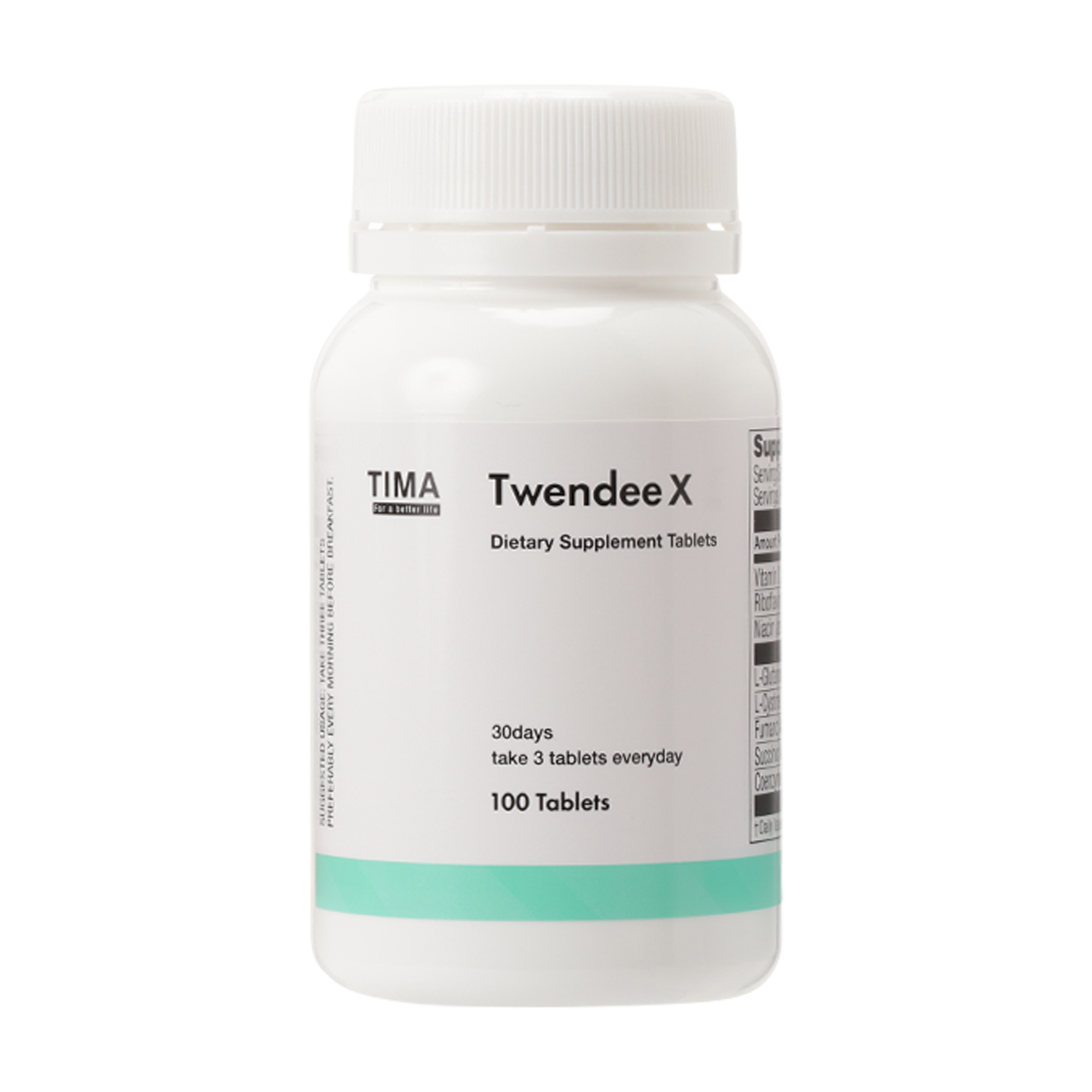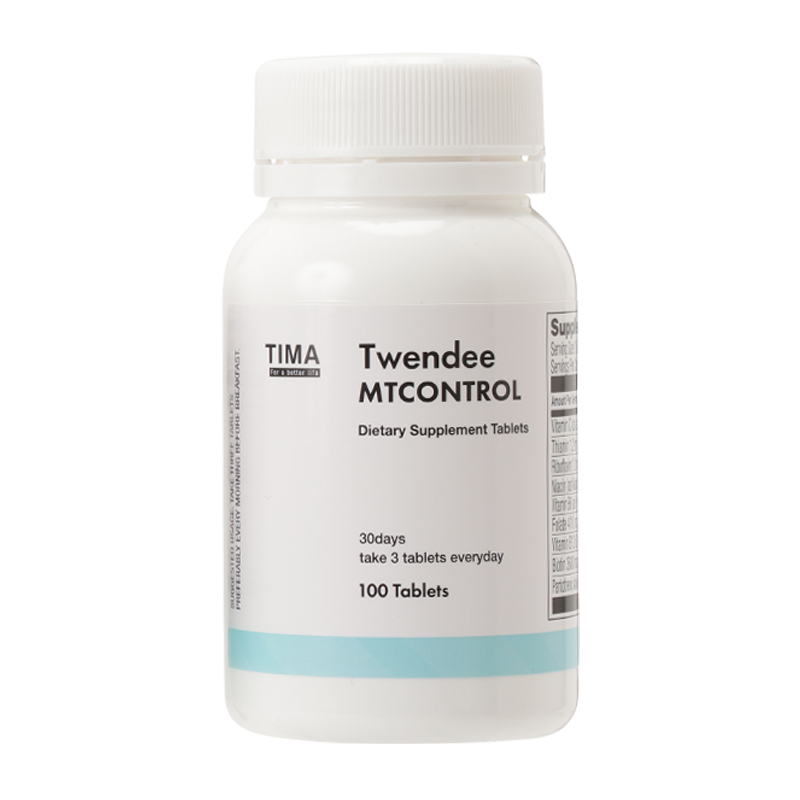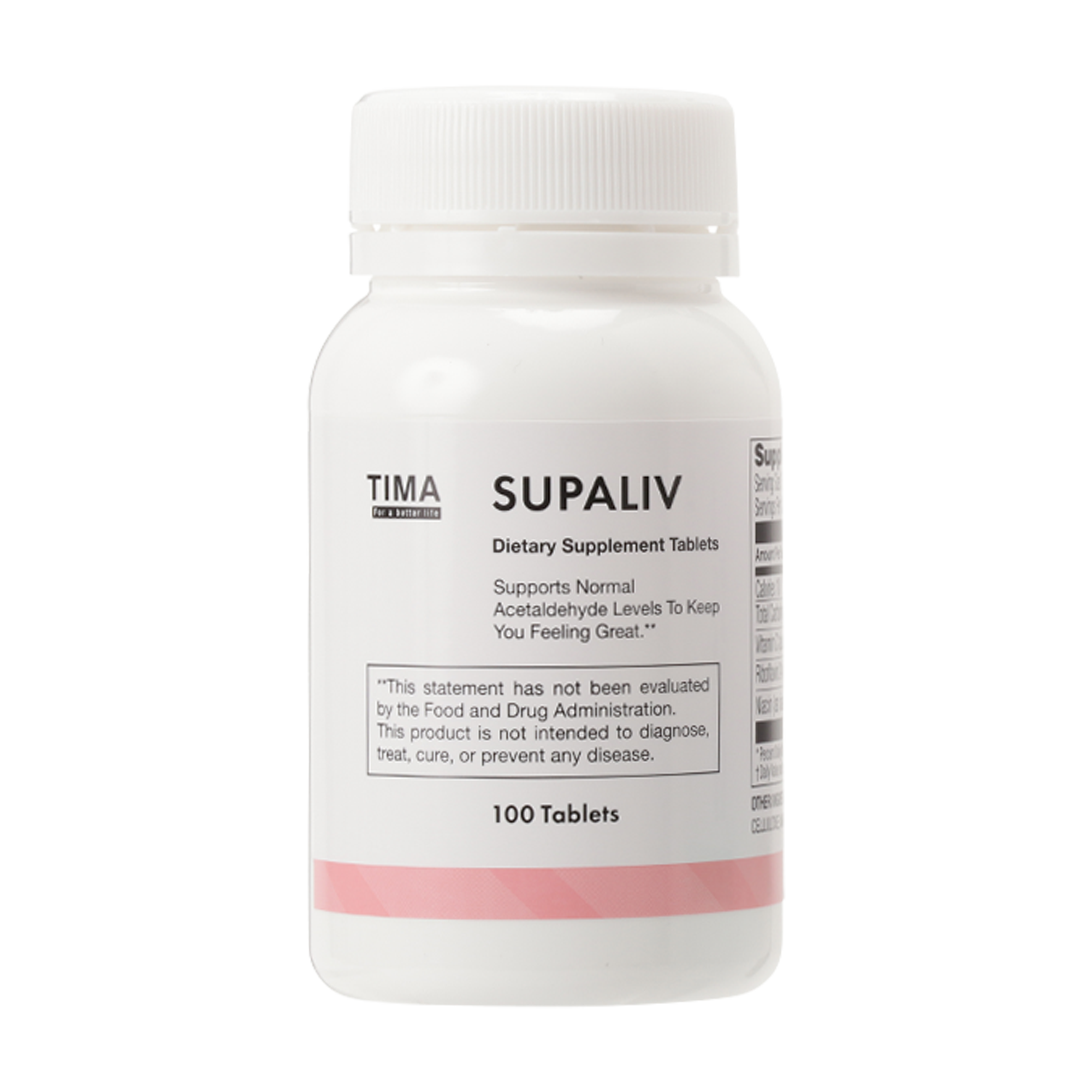Thesis on Oxidative Stress and "gastric ulcer"
- Paper title
- Involvement of reactive oxygen species in gastric ulceration: protection by melatonin.
- Abstract summary
- Melatonin is a pineal hormone in protecting the gastric lesions.
- Authors
- D. Bandyopadhyay, K. Biswas, M. Bhattacharyya, R. Reiter, R. Banerjee
- Journal
- Indian journal of experimental biology
- Semantic Scholar URL
- https://semanticscholar.org/paper/68fbb945f13787a61834c2bd854333b62b0644c2
- Abstract
-
Uncontrolled hydrochloric acid secretion and ulceration in the stomach due to various factors are serious global problems today. Although the mechanism of acid secretion from the parietal cell is now fairly known, the mechanism of gastric ulceration is still not clear today. Among various causes of gastric ulceration, lesions caused by stress, alcohol consumption, Helicobacter pylori infection and use of nonsteroidal antiinflammatory drugs have been shown to be mediated largely through the generation of reactive oxygen species especially hydroxyl radical (*OH). A number of excellent drugs have been proved useful in controlling hyperacidity and ulceration but their long term uses are not devoid of disturbing side-effects. Hence, the search is still on to find out a compound possessing antisecretory, antiulcer and antioxidant properties which will serve as a powerful therapeutic agent to cure gastric hyperacidity and ulcer. This article describes the role of reactive oxygen species in gastric ulceration, drugs controlling them with their merits and demerits and, the role of melatonin, a pineal hormone in protecting the gastric lesions with a final commentary on how melatonin research with respect to gastric pathophysiology can be taken forward with a view to projecting this indole as a promising therapeutic agent to control gastric ulceration in humans.








